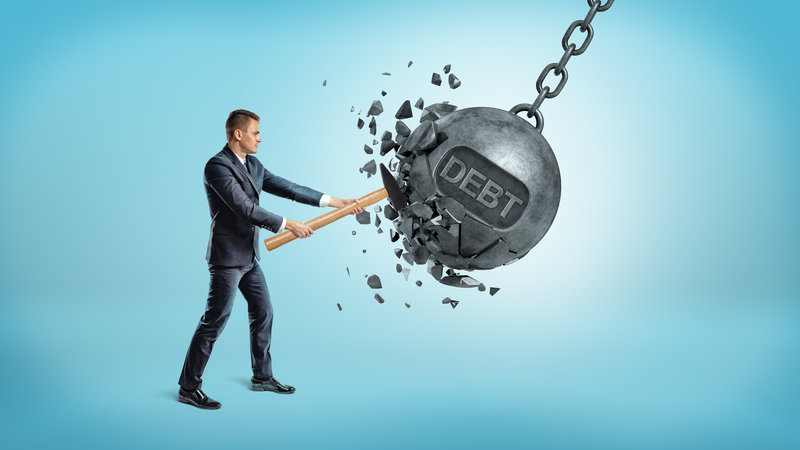| Debt is a confusing topic for most people. Some of us want to have no debt. Some of us are knee deep in debt. In reality, everyone should consider the difference between productive and unproductive debts. Productive debt can often be used towards achieving financial goals, while unproductive debts have their place too when carefully considered.
What is productive debt? Productive debt is debt used for purchasing assets that appreciate over time or debt used to increase your own productivity. For example, if you acquire real estate using debt, real estate prices typically increase over time and thus it is a good debt that helps you build additional wealth. As another example, if you obtain a medical degree, you can increase your own productivity and potential income. Productive debt ultimately increases your net worth when used correctly. What is unproductive debt? Unproductive debt is often used for purchasing possessions like cars, furniture, or other goods. In some cases, getting a degree with significant debt can also be considered unproductive debt unless your income potential can realistically pay off a student loan. The worst kind of debt is credit card debt because of the ultra high interest rates. To clarify, it’s normal to have a blend of productive and unproductive debt. Unproductive debt should be considered carefully and paid back relatively quickly. While a 72 month loan can be enticing to some car buyers, they lead buyers to purchase more expensive cars than they normally would. Given that cars are depreciating assets, the car may become worth less than the loan value in some cases. In the case of credit card debt, interest rates are sky high and are nearly impossible to pay back if you don’t pay beyond the minimum payment. The general problem with unproductive debt is that people often over extend themselves financially to afford something they really want today. Unproductive debt ultimately borrows from your future finances. Productive debt is a great tool to increase your net worth. For example, just because you can buy a business or house in cash doesn’t mean you should. With interest rates as low as they are, you can keep some of the cash as an emergency savings fund or deploy it into various investments (depending on your comfort levels). Words of caution. Taking on too much debt, whether unproductive or productive debt, easily flips a good situation upside down if anything bad happens to your finances. The current recession is a great example as tens of millions of Americans have lost jobs and many are now in dire financial circumstances. Before taking on any debt, carefully consider the impacts of that debt on your personal financial picture, don’t just assume the best case scenario is the only scenario. BOTTOM LINE: Debt is a great tool to grow one’s net worth but it can also lead to financial ruin. It is important to understand the difference between productive and unproductive debt as well as understand what one can truly afford. |
|---|


